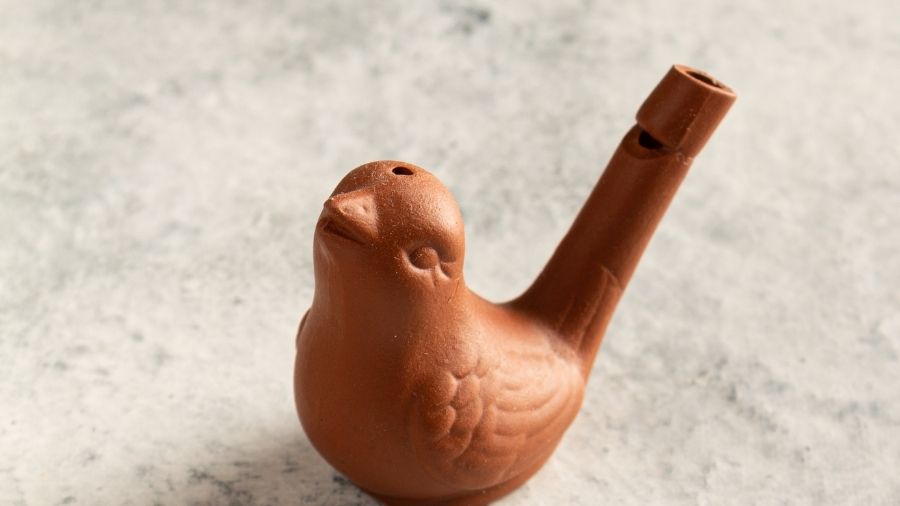A comfortable and stylish student room does not have to hurt the environment. The ethical and handmade decor solutions make your space special, supporting sustainability and craftsmanship simultaneously. Conscious students can design a cozy and functional room while expressing their values.
Choose Ethical and Sustainable Decor
When decorating a student room, ethical and environmental factors can be taken into account. Any furniture, bedding, or decorations selected for your student room should make conscious choices toward reducing environmental impacts. Investing in ethical furniture promotes sustainability while creating a functional, personalised space. Opt for secondhand or upcycled items to add character and reduce waste, such as handmade wooden desks, chairs made from recycled plastic, or bamboo shelving.
Sustainable Study Space Setup
According to ResearchGate, it is important to make the study space sustainable in terms of productivity and well-being. Use energy-efficient lighting, such as LED bulbs, to minimize electricity consumption. Desk organizers can be made from recycled materials, keeping your study area clutter-free. Choose eco-friendly stationery, such as notebooks made from recycled paper, and avoid single-use plastics. Small potted plants can improve air quality and freshness at your desk.
Balancing your studies and design (Sponsored)
While creating your ideal student room is important, so is balancing your academic responsibilities. If you’re struggling to manage your time or need help improving your academic skills, Academic support services such as tutoring and writing assistance can be invaluable.
Platforms such as Bid4Papers are designed to help you enhance your learning, structure your assignments effectively, and refine your academic writing. Remember, it’s essential to fully engage with the learning process and ensure that all work submitted is your own. Always check your institution’s guidelines to ensure you’re in line with their academic integrity policies.
Ethical Bedding and Cozy Additions
Comfortable and sustainable bedding is required for good sleep. Ethical bedding solutions for student rooms include organic cotton sheets, bamboo blankets, and fair-trade pillows. These materials have no harmful chemicals and support ethical production. Handmade quilts or knitted throws give your bed that unique charm, creating a warm place to be.
Minimalist and Functional Storage
Organisation in the student room would require smart storage solutions. Storage options that are ethical and hand-made, like woven baskets, fabric bins, and wooden crates, can efficiently store books, clothes, and study materials. Multiple-usage furniture, for example, a bed with built-in storage or foldable desks, saves space without compromising on keeping the place clean and tidy.
Personalising with Handmade Decor
Handmade decor pieces add personality and warmth to a student’s room. Some ideas include handmade candles, macrame wall hangings, or pottery items. Shopping from local artisans or making your own decor using sustainable materials makes your room stand out while promoting good craftsmanship.
Eco-Friendly Cleaning and Maintenance
Maintaining your student room in an eco-friendly way is just as important as decorating it. Use natural cleaning products like vinegar, baking soda, and essential oils instead of harsh chemicals. Avoid disposable cleaning wipes and opt for reusable cloths. Keeping your space clean and clutter-free contributes to a healthier and more sustainable lifestyle.
Affordable Ethical Options for Students
Ethical decor does not need to break the bank. So many affordable ways allow students to create a sustainable study space without spending too much. Thrift stores, online marketplaces, and DIY projects can be an awesome way to source ethical items that won't drain your wallet. One could also get creative by upcycling furniture or creating easy decor items out of recycled material. High-quality items that last long reduce the costs spent on replacements later on.
Supporting Ethical Brands and Artisans
Selecting responsible and domestic crafters contributes to sustainable enterprises and fair income distribution. Most responsible brands sell eco-friendly furniture and bedding produced under ethical conditions. Purchasing at or from local craft fairs supports small-scale entrepreneurship that upholds sustainability, maybe through buying online at ethical marketplaces. Handmade goods have unique designs that can add a personalized feel to the student room while ensuring ethical consumption.
Up-cycling for Unique Decor
This can be an artsy and eco-friendly means of adding special touches to your student room. You can turn old items or items that have been discarded into useful and beautiful pieces of decor. For example, you can repurpose an old ladder as a bookcase or use glass jars as nice-looking storage containers. Upcycling not only avoids waste but can also add elements to your space that are unique and truly one-of-a-kind. Look online or at local thrift stores for inspiration on materials that can be transformed into practical and beautiful decor to make your student room truly yours.
Resourceful Space Management in a Student Room
A small student room requires a thoughtful plan to maximize the space. Wall-mounted shelves can store books and essentials without taking up too much floor space. Foldable or stackable furniture is best because it can be adjustedaccording to your needs. Vertical space can also be utilized by using hanging organizers or pegboards, keeping things organized. Keeping the layout simple and functional allows for better use of the space without clutter.
Energy-Saving Tips for an Ethical Room
Saving energy is an integral part of making a student's room ethical. Use LED lighting, turn off or unplug electronic devices when not in use, and use power strips to avoid energy waste. Curtains should be chosen with insulation properties to keep the room temperature regulated. Energy-efficient appliances, like a small eco-friendly fan, can help reduce your carbon footprint while saving money on utility bills.












